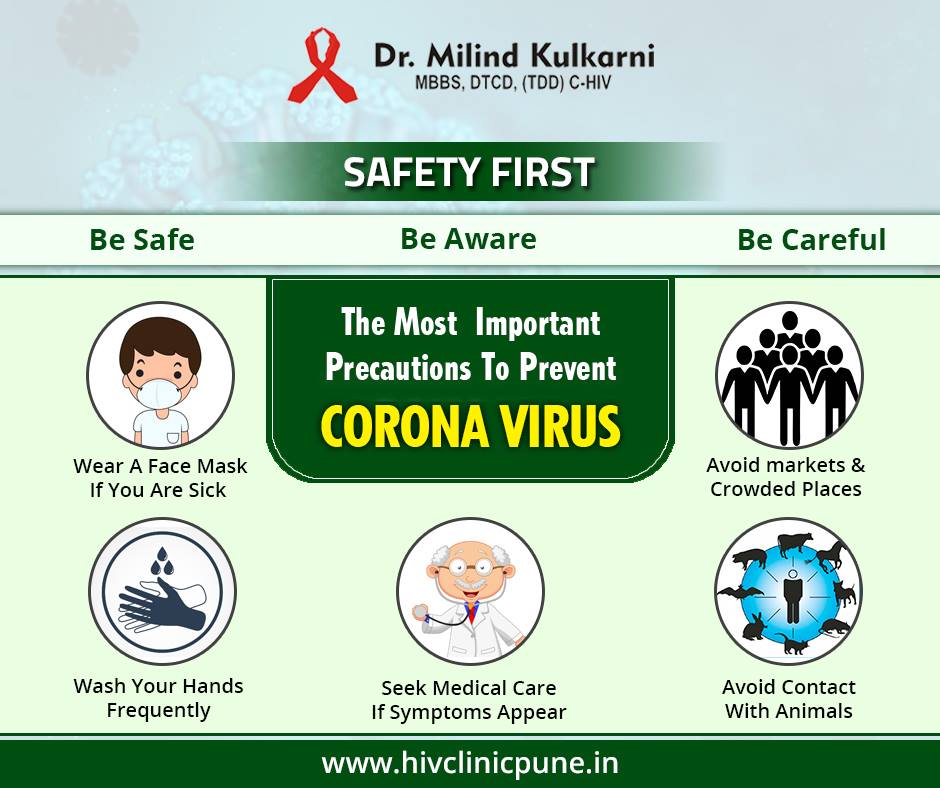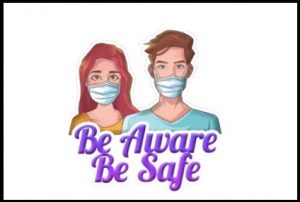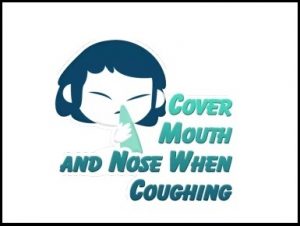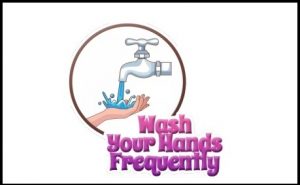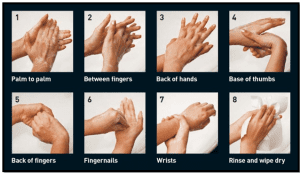What is provided below are myths. They are not true and we should not fall for them article shared by Times of India.
1.Myth: Hot weather or hot conditions can kill the novel coronavirus
Fact: Taking a hot bath will not prevent you from catching COVID-19. Your normal body temperature remains around 36.5°C to 37°C, regardless of the temperature of your bath or shower. The best way to protect yourself against COVID-19 is by frequently cleaning your hands.
3.Myth: Spraying alcohol or chlorine all over your body kill the new coronavirus
Fact: According to WHO, spraying alcohol or chlorine all over your body will not kill viruses that have already entered your body. Spraying such substances can be harmful to clothes or mucous membranes (i.e. eyes, mouth).
4.Myth: Eating garlic helps prevent infection with the new coronavirus
Fact: Garlic is a healthy food that may have some antimicrobial properties. However, there is no evidence from the current outbreak that eating garlic has protected people from the new coronavirus.
5.Myth: Receiving a letter or package from the infected area is unsafe
Fact: People receiving such packages are not at the risk of contracting infection because of poor survivability of these coronaviruses on surfaces, there is likely very low risk of spread from products or packaging that are shipped over a period of days or weeks at ambient temperatures.
6.Myth: New coronavirus only affects older people
Fact: People of all ages can be infected by the new coronavirus (2019-nCoV). Older people and people with pre-existing medical conditions (such as asthma, diabetes, heart disease) appear to be more vulnerable to becoming severely ill with the virus.
7.Myth: Antibiotics are effective in preventing and treating the new coronavirus
Fact: No, antibiotics do not work against viruses, only bacteria.
The new coronavirus (2019-nCoV) is a virus and, therefore, antibiotics should not be used as a means of prevention or treatment.
However, if you are hospitalized for the 2019-nCoV, you may receive antibiotics because bacterial co-infection is possible.
8.Myth: Regularly rinsing your nose with saline can help prevent infection with the new coronavirus
Fact: No. There is no evidence that regularly rinsing the nose with saline has protected people from infection with the new coronavirus.
9.Myth: Thermal scanners can easily detect people infected with the new coronavirus
Fact: Thermal scanners are effective in detecting people who have developed a fever (i.e. have a higher than normal body temperature) because of infection with the new coronavirus.
However, they cannot detect people who are infected but are not yet sick with fever. This is because it takes between 2 and 10 days before people who are infected become sick and develop a fever.
10.Myth: Vaccines against pneumonia can protect you against the new coronavirus
Fact: No. Vaccines against pneumonia, such as pneumococcal vaccine and Haemophilus influenza type B (Hib) vaccine, do not provide protection against the new coronavirus.
The virus is so new and different that it needs its own vaccine. Researchers are trying to develop a vaccine against 2019-nCoV, and WHO is supporting their efforts.
11.Myth: Pets (including cats and dogs) can spread the novel coronavirus
Fact: Currently there is no evidence suggesting that companion animals/pets such as dogs or cats can be infected with the coronavirus.
One dog in China contracted a “low-level infection” from its owner, who has a confirmed case of COVID-19, meaning dogs may be vulnerable to picking up the virus from people, according to The South China Morning Post. The infected Pomeranian has not fallen ill or shown symptoms of disease, and no evidence suggests that the animal could infect humans.
However, because all animals can carry germs that can make people sick, it’s always a good idea to practice healthy habits around pets and other animals.
12.Myth: Ultraviolet disinfection lamp can kill the new coronavirus
Fact: UV lamps should not be used to sterilize hands or other areas of skin as UV radiation can cause skin irritation.
13.Myth: A vaccine to cure COVID-19 is available
Fact: Currently, there is no vaccine for the new coronavirus. Scientists have already begun working on one, but developing a vaccine that is safe and effective in human beings will take many months.
14.Myth: The virus is just a mutated form of the common cold
Fact: No, it’s not. Coronavirus is a large family of viruses that includes many different diseases. SARS-CoV-2 does share similarities with other coronaviruses, four of which can cause the common cold.
15.Myth: Kids can’t catch the coronavirus
Fact: Children can definitely catch COVID-19, though initial reports suggested fewer cases in children compared with adults. However, more recent studies suggest children are as likely as adults to become infected.
16.Myth: Vitamin C supplements will stop you from catching COVID-19
Fact: Researchers have yet to find any evidence that vitamin C supplements can render people immune to COVID-19 infection.
17.Myth: If you can hold your breath for 10 seconds, you’re healthy.
Fact: According to experts, the 10-second test being shared online would not be a reliable way to determine whether someone has the virus.
This approach may be helpful in identifying persons with more serious lung disease. but it will not identify persons who are infected and have mild to no symptoms.
18.Myth: Drinking water can help prevent COVID-19
Fact: A post circulating on social media claims that drinking water every 15 minutes will wash down any virus in your throat into your stomach, where the acid will kill it.
However, there is no scientific evidence that this works against any type of respiratory virus. But generally drinking water and staying hydrated is a good habit.
19.Myth: Gargling warm salt water can help prevent COVID-19
Fact: Respiratory viruses are not impacted by saltwater, data on such conditions show. Some claims that gargling with bleach or ethanol can help are not only false but also potentially dangerous. Despite claims that warm water can “deactivate” the virus or that avoiding ice cream can help, neither cold or hot temperatures can kill the virus, say experts.
20.Myth: Drinking silver can kill strains of coronavirus
Fact: An American televangelist has falsely claimed colloidal silver, which is particles of the metal suspended in a liquid, can kill some strains of coronavirus in 12 hours and can boost the immune system. However, there is no evidence that drinking silver helps, rather it can lead to kidney damage and seizures. Unlike iron and zinc, silver is not a metal that has any function in the human body.
21.Myth: Virus does not survive in warm weather or in the sun
Fact: With the limited research available on the new coronavirus, experts are unsure how the virus will react in warmer weather. Any predictions are based only on the SARS and MERS epidemics. However, the virus is already prevalent in hotter countries like Singapore and Australia. One study from the Harvard Medical School has suggested that the virus has the potential to continue spreading across a range of temperature and humidity levels in China.
22.Myth: Coronavirus isn’t more dangerous than the seasonal flu
Fact: While most coronavirus cases will be mild and patients will exhibit nothing more than seasonal flu symptoms, the respiratory disease has a higher mortality rate and is far more serious at 1 per cent fatality rate, COVID-19 is about 10 times deadlier than the seasonal flu.
23.Myth: Cold weather and snow CANNOT kill the new coronavirus
Fact: This absolutely a myth. According to the World Health Organization, there is no reason to believe that cold weather can kill the new coronavirus or other diseases. This is because the normal human body temperature remains around 36.5°C to 37°C, regardless of the external temperature or weather.
24.Myth: The new coronavirus CANNOT be transmitted through mosquito bites
Fact: To date there has been no information nor evidence to suggest that the new coronavirus could be transmitted by mosquitoes. The new coronavirus is a respiratory virus which spreads primarily through droplets generated when an infected person coughs or sneezes, or through droplets of saliva or discharge from the nose. To protect yourself, clean your hands frequently with an alcohol-based hand rub or wash them with soap and water. Also, avoid close contact with anyone who is coughing and sneezing.
25.Myth: Hand dryers ARE effective in killing the new coronavirus
Fact: As per the information from the World Health Organization hand dryers are not effective in killing the 2019-nCoV. To protect yourself against the new coronavirus, you should frequently clean your hands with an alcohol-based hand rub or wash them with soap and water. Once your hands are cleaned, you should dry them thoroughly by using paper towels or a warm air dryer.
26.Myth: Regularly rinsing your nose with saline help prevent infection with the new coronavirus
Fact: No. There is no evidence that regularly rinsing the nose with saline has protected people from infection with the new coronavirus. There is some limited evidence that regularly rinsing nose with saline can help people recover more quickly from the common cold. However, regularly rinsing the nose has not been shown to prevent respiratory infections.
Source: World Health Organisation, CDC, John Hopkins

